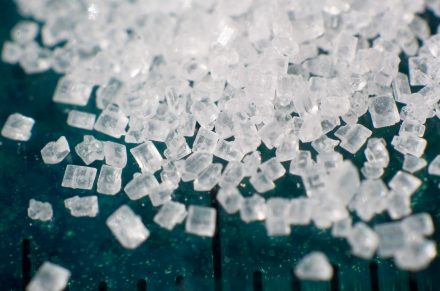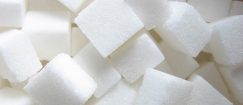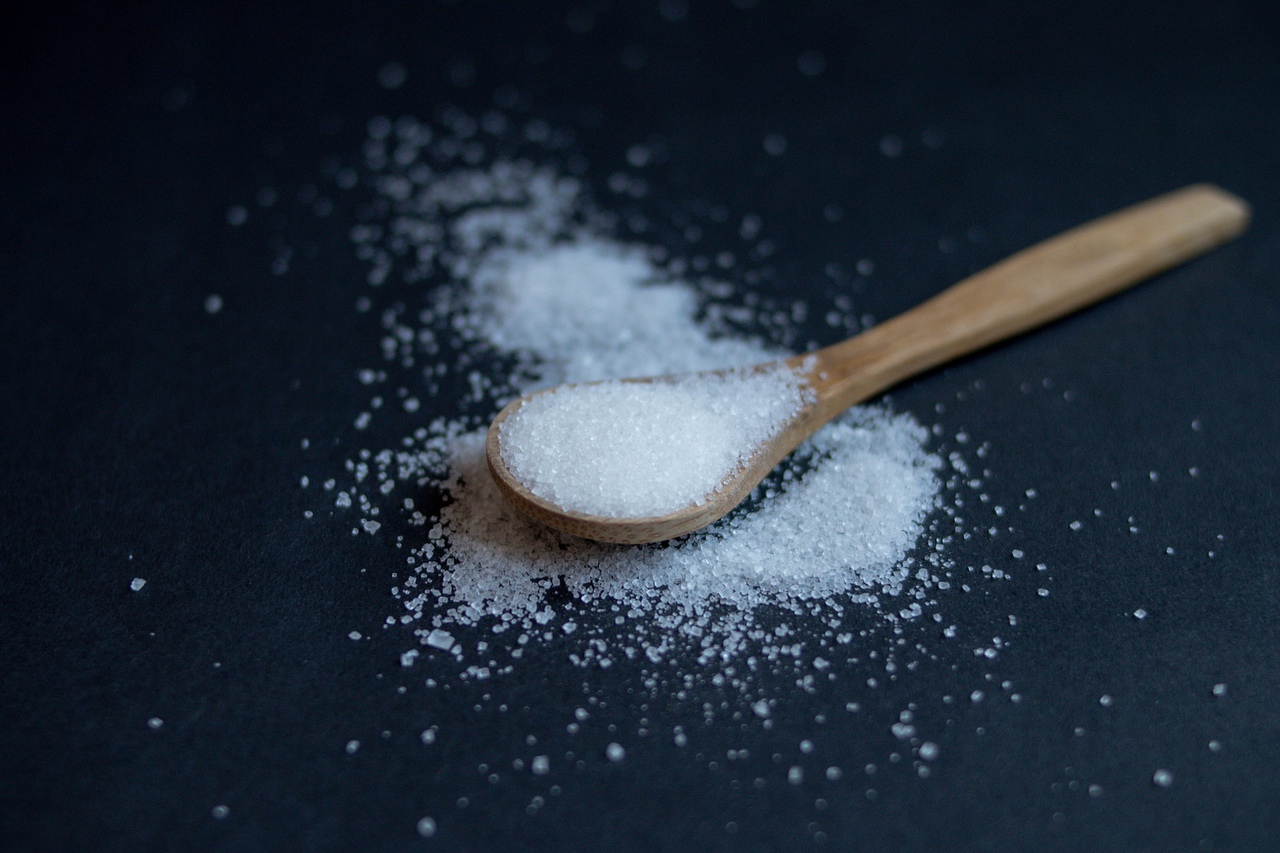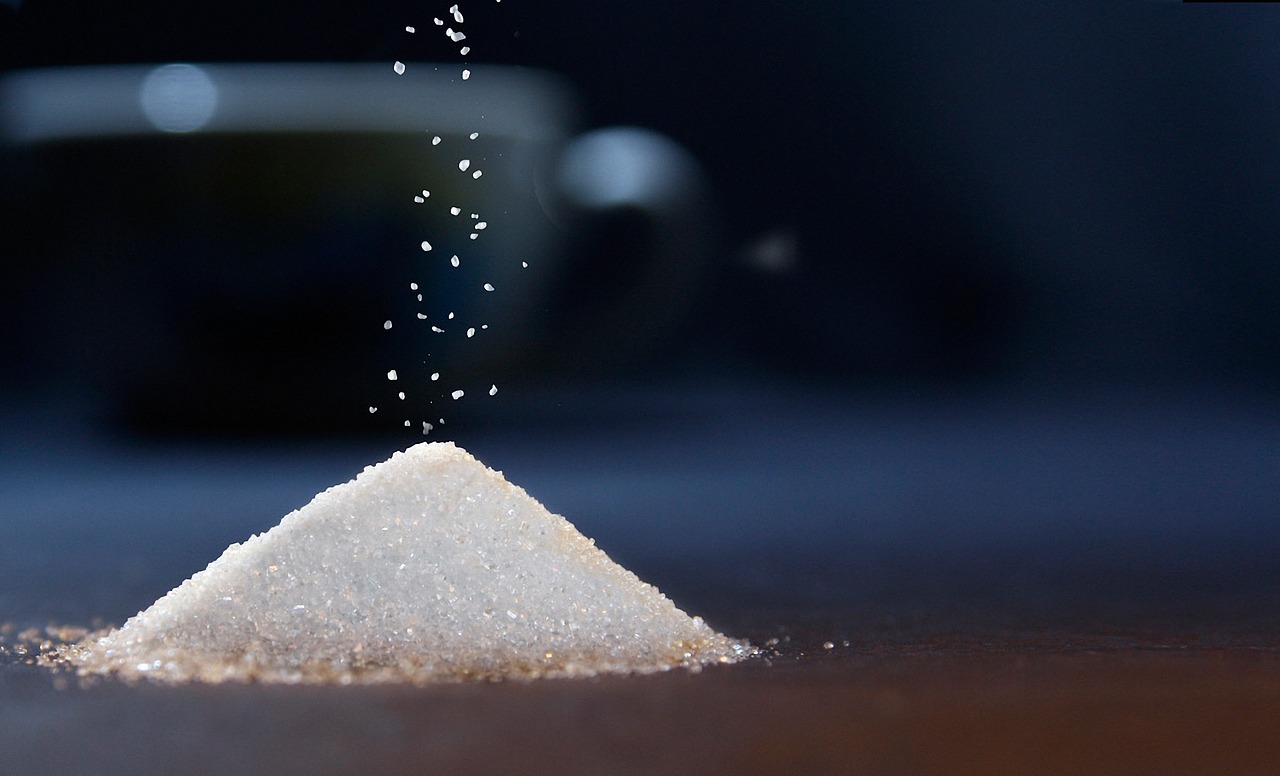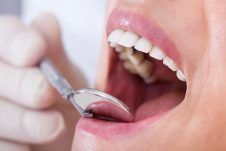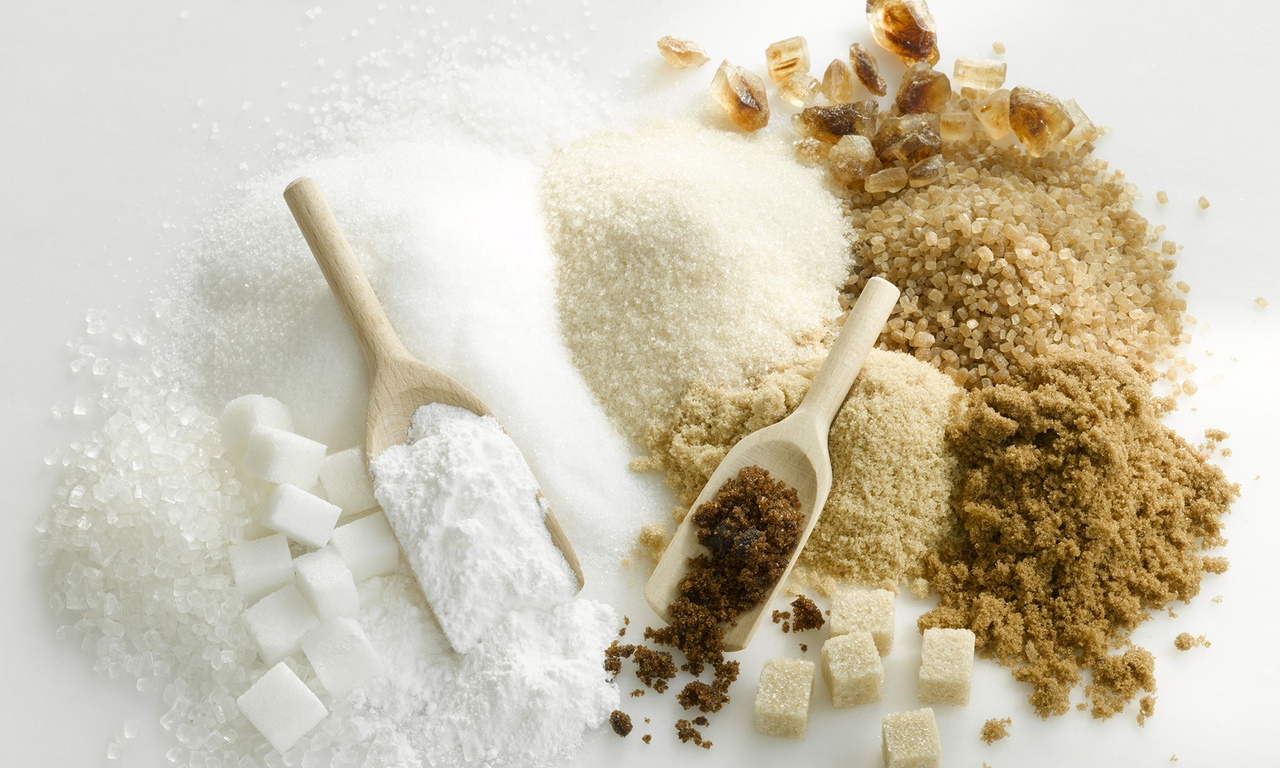Sucrose is an organic substance. It is a highly refined carbohydrate that does not even contain a minor admixture of proteins and fats. The benefits and harms of the product are discussed both by scientists and ordinary people. But both of them come to the conclusion that excessive use of it is harmful.
Material Content:
Description and composition of the substance
People who are well versed in chemistry know that the regular sugar produced industrially is called disaccharide. It consists of two components, it is glucose and fructose in equal proportions.
Sucrose, on the other hand, has an organic origin and is a colorless and odorless crystal. However, when exposed to high temperatures and subsequent cooling, an aromatic brownish mass is obtained - caramel.
Pure sucrose does not exist.
The product is obtained exclusively from natural sources:
- sugar beets (23%);
- sugarcane (about 20%).
In our country, the first option prevails. Glucose and sucrose from these products are obtained by extraction with water in specially equipped plants. The released juice is gradually boiled until it turns into syrup. After that, the liquid is subjected to purification, and the resulting crystals are crushed to the desired consistency and used as intended.
There are many types of sugar, so many get confused in them:
- glucose;
- sucrose;
- fructose;
- lactose;
- maltose.
They have differences, but they all contain quite a lot of calories.
Daily Dose, Excess Sucrose
Calorie content of the product is very high - at least 400 kcal per 100 g. To make it clearer, we can say that in 1 tsp.sugar can be from 15 to 30 kcal, depending on whether it is filled with a slide or without it.
The rate and specific daily dose is difficult to determine. However, the American Association of Cardiology published such recommendations:
- no more than 6 tsp for women;
- no more than 9 tsp for men.
There are also such recommendations:
- kids up to 3 years old - up to 15 g per day;
- preschoolers - 15-25 g;
- adults - 30-35 g.
Note. In 1 tsp. contains about 5 g of bulk composition. But you need to consider not only pure sugar, but also hidden sugar, which is present in confectionery, fruits, sugary drinks, industrial yoghurts, sauces and ketchups. Without knowing it, a person can consume up to 50-60 tsp. latent sugar daily.
Excess sucrose is harmful to the body. Since this is a simple carbohydrate, getting into the blood, it sharply increases the level of glucose in the blood, which is bad. Sugar is addictive, and when you try to refuse it, the person becomes irritable, nervous, feels tired and tired.
But even slightly reducing the sugar in the diet is not so difficult:
- exclude sweet drinks;
- limit confectionery products, replace them with fruits;
- give preference to fruits preserved in water or juice, but not in syrup;
- drink more water instead of sweet juices;
- do not combine sweet coffee or tea with confectionery;
- organize healthy snacks - fruits, vegetables, cheeses and nuts instead of cakes or cookies.
It is easy to follow these recommendations, it is enough to revise your diet and be more attentive to consumed drinks and food products.
Useful properties for the human body
The use of sucrose benefits the body only in cases of moderate and reasonable consumption. Its main biological role is to saturate a person with energy.
But, besides this, it has many useful properties:
- improving liver function;
- stimulation of the production of the “hormone of joy”;
- activation of cerebral circulation;
- arthritis prophylaxis;
- beneficial effect on the spleen.
On a note. The need for sugar increases with intense brain activity.
In addition to the usual white sugar, there is also brown - unrefined and not passed additional purification. It is more useful than its "noble" counterpart, since its calorie content is slightly lower and its biological value is higher. However, this does not mean that brown sugar can be consumed in unlimited quantities.
What is useful for pregnancy and lactation
During the period of carrying and feeding the child, many women find it difficult to control themselves in terms of food. If a pregnant woman really wants sweets, she will definitely eat it. However, you need to be more careful and prudent.
Excessive consumption of sugar can trigger the development of allergies in the unborn child. And a pregnant or lactating woman with a sweet tooth is at risk of becoming obese.
But a reasonable consumption of sugar does not do any harm, but helps to get the necessary amount of energy and improve mood.
Areas of application of sucrose
Disaccharide is indispensable in the food industry - it is used as a sweetener, preservative or an independent product. And also used as a substrate for various chemicals. From other areas of use - pharmacology, cosmetology, agriculture.
Sucrose or its components are often used in medicine. For example, in cases of serious poisoning, accompanied by severe intoxication of the body, its solution is used as an injection to improve the condition of the victim. The fact is that it helps the liver destroy toxins and harmful substances that negatively affect the body.
Contraindications and possible harm
Unfortunately, excessive consumption of regular or cane sugar only causes harm to the body.This is facilitated by the fact that the pleasant organoleptic properties of the product stimulate a person to consume much more sweet than he needs.
As a result of this, the following problems with health are threatened to the sweet tooth:
- obesity and metabolic disorders;
- diabetes;
- caries;
- allergy;
- premature aging;
- weakening of the immune system;
- deterioration of all organs and systems of the body.
The modern food industry uses sugar in excessive doses. For example, the content of the product in sweet drinks can reach 10%. This is a lot. The same effect can be obtained by adding 4-5 tsp to a cup of tea. Sahara. But no one can drink such a drink, and adults and children drink the sweet products (Coca-Cola, Sprite, diluted concentrates of fruit juices) with great pleasure, not even suspecting that they are harming their health.
The same applies to other food products. In mayonnaise, sauces, yoghurts and marinades, the amount of sugar can be unreasonably high. This is done only to improve the taste of the products.
To minimize the harm to sugar, especially for people with diabetes, food companies began to produce various products with substitutes - sorbitol, xylitol, aspartame, saccharin. They are sweet, but not high-calorie, but with their excessive use can cause a lot of harm to the body.
Therefore, the only way to protect yourself and your children is not to get involved in industrial confectionery, chewing gums and sugary drinks. It is better to give preference to natural sweeteners - stevia, honey, agave juice and others.


